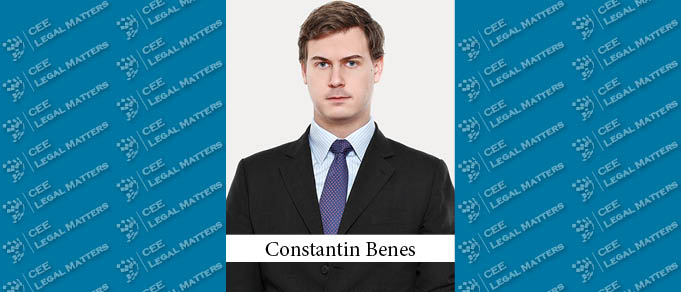Blockchain technology has – so far – not lead to a transfer of the world's land registers onto this technology or to a "tokenization" of title (documents). The only significant exception in this respect is Georgia where a purchaser's title to real property can be registered by execution of a smart contract.
Virtual parcels
In contrast, however, virtual worlds where virtual land can be acquired (for very real money) are spreading. One example for such a virtual world is Cryptovoxels (https://www.cryptovoxels.com/). Cryptovoxels serves (according to our understanding) primarily as a "digital art space" where digital art is exhibited and also created. Thus, exhibitions can be visited in Cryptovoxels and NFT-art can be viewed and subsequently also purchased (via the platform OpenSea).
Every parcel of "real estate" created in Cryptovoxels, virtually every plot of land in Cryptovoxels on which visitors can wander and view art by using avatars, has a unique (token) number. For example parcel #4650 was purchased in Cryptovoxels for the Museum Francisco Carolinum in Linz (https://www.cryptovoxels.com/parcels/4650). The owner of token #4650 is clearly identified on the page of the respective parcel. In turn, a link (a URI) is connected to this token #4650 via which the metadata for this "parcel" can be viewed; part of this metadata is again the link to parcel #4650 together with further information on the location (coordinates), size, height etc. of the parcel. This metadata shows, for example, that the property linked to token #4650 is exactly 119.879997286167m2 and, hence, serves as virtual land register. This plot – i.e. token #4650 of smart contract 0x79986aF15539de2db9A5086382daEdA917A9CF0C – was and can be traded via the platform opensea.io.
After having acquired "real property" in Cryptovoxels the new owner can "construct" buildings on his land (as the mentioned Museum Francisco Carolinum has done; see plot #4650 via the mentioned link).
Lastly, the owner can of course also sell the respective property off after having "developed" it. This again works by executing a smart contract and transfer of the respective token into the purchaser's wallet. Given that Cryptovolxels runs on the Ethereum-Blockchain and the unchangeable link between the token and the description of the property, a purchaser can be sure that the seller has valid title to this property.
The current success of this virtual world and the many others – i.e. of the respective virtual assets – can be seen by the increase of the prices per virtual sqm in recent months (which was also linked to the rise of the price of Ether before the most recent "price corrections" of this crypto-currency took place).
Conclusion
It remains to be seen whether this new form of investment into (un)real property is here to stay or just a short trend. For the time being, however, it seems that the tokenization of titles to "properties" are better suited for the virtual realm than the real world where trust in centrally managed land registers is still high.
By Constantin Benes, Partner, Schoenherr


